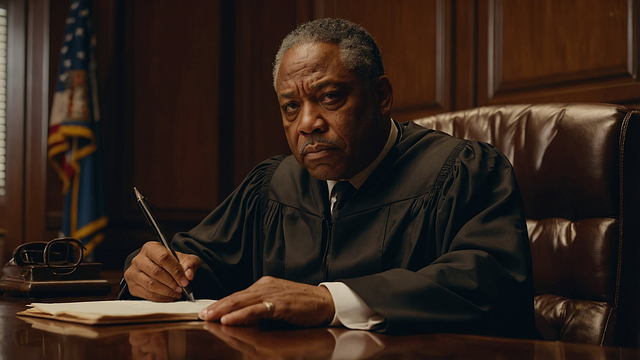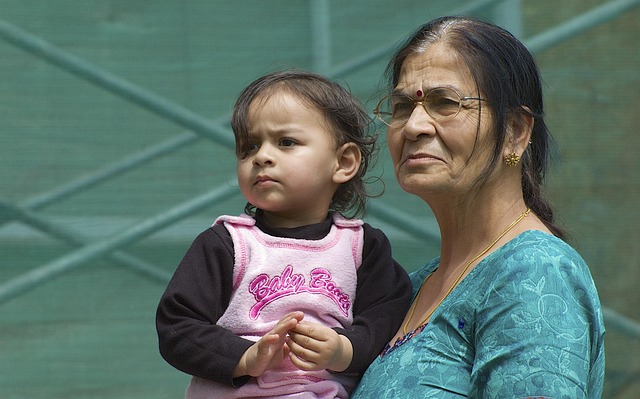Oregon family law recognizes grandparent rights, offering legal protections for visitation and custody under ORS 109.725-109.735. Grandparents can petition for involvement in their grandchildren's lives, prioritizing well-being and relationship quality. Self-education, community alliances, and support networks empower grandparents to navigate Oregon family law effectively while fostering strong familial bonds.
In Oregon, grandparent rights and visitation are governed by state family law, offering a framework for maintaining familial connections. Understanding these rights is crucial for grandparents seeking quality time with their grandchildren. This article navigates Oregon’s legal landscape for grandparent visits, exploring petition processes, influencing factors in custody decisions, advocacy strategies, and available resources. By equipping grandparents with knowledge, we aim to empower them to advocate for their role within the tapestry of family life under Oregon family law.
- Understanding Grandparent Rights in Oregon
- Legal Basis for Grandparent Visits
- Petitions and Court Proceedings
- Factors Influencing Custody Decisions
- Grandparent-Led Advocacy Strategies
- Supporting Resources for Grandparents
Understanding Grandparent Rights in Oregon

In Oregon, grandparent rights are a vital aspect of family law that ensures the well-being and stability of extended family relationships. Grandparents who wish to maintain a significant role in their grandchildren’s lives have specific legal protections under state laws. These rights allow grandparents to seek visitation, custody, or both, provided it is in the child’s best interest and the parents consent or a court orders it. Oregon family law recognizes the value of familial connections and strives to facilitate these relationships when possible.
Understanding grandparent rights involves familiarizing oneself with Oregon Revised Statutes (ORS) 109.725-109.735, which outline the legal framework for such cases. These laws enable grandparents to petition the court for visitation or custody if they can demonstrate a substantial relationship with the child and that their involvement is beneficial. It’s crucial for grandparents to be aware of their rights and the processes involved to ensure their voice is heard in matters affecting their grandchildren under Oregon family law.
Legal Basis for Grandparent Visits

In Oregon, the legal basis for grandparent visits is rooted in the state’s family law, which recognizes the significant role that grandparents play in a child’s life. Grandparents have a legitimate interest in maintaining relationships with their grandchildren, and Oregon law provides avenues to ensure these connections can take place. The court system considers the best interests of the child when determining grandparent visitation rights, balancing factors such as the quality of the relationship, stability, and the overall well-being of the minor.
Oregon Revised Statutes (ORS) Chapter 109 outlines the legal framework for grandparent visitation, offering guidelines for courts to follow when making decisions. This legislation emphasizes that while parental rights are paramount, grandparents should be granted access if it serves the child’s best interests and does not adversely affect their health or safety. By adhering to these legal principles, Oregon family law ensures that grandparents can continue to contribute positively to their grandchildren’s lives.
Petitions and Court Proceedings

When advocating for grandparents’ rights under Oregon family law, petitions and court proceedings are critical components in ensuring their involvement in a child’s life. Grandparents can petition the court to gain custody or visitation rights if they believe it is in the best interest of the child. During these proceedings, legal representation is highly recommended as it allows for a more robust understanding of the Oregon family law landscape, including relevant statutes and case law.
The court will consider several factors when evaluating grandparent access, focusing on the child’s well-being, stability, and relationship with the grandparents. Presenting a compelling case through evidence, expert testimony, and legal arguments can significantly influence the outcome. It is crucial to prepare thoroughly and present a united front, as the court may also consider the parents’ perspective and any potential impact on their parenting decisions.
Factors Influencing Custody Decisions

In Oregon family law, custody decisions for grandchildren are influenced by several factors that reflect what’s in the best interest of the child. Key considerations include the quality and stability of the relationship between the grandchild and potential caretakers, such as grandparents. The court will evaluate each grandparent’s ability to provide a safe, nurturing environment, considering their living situation, financial stability, and any history of substance abuse or domestic violence.
Additionally, Oregon law recognizes the significant role that grandparents often play in a child’s life. The court may also factor in the grandchild’s wishes (if age-appropriate), along with the potential impact on the child’s relationship with parents and other siblings. A grandparent’s willingness to cooperate with the child’s parents and any existing parenting plans is also highly regarded. These multifaceted considerations ensure that custody decisions are fair, comprehensive, and aligned with the best interests of the grandchild under Oregon family law.
Grandparent-Led Advocacy Strategies

Grandparents seeking advocacy under Oregon family law can employ several effective strategies led by their own initiatives. One key approach is to educate themselves thoroughly on relevant laws and regulations, enabling them to navigate complex legal procedures with confidence. Understanding the specific rights and roles of grandparents within Oregon’s family law framework is essential for any advocacy efforts.
Additionally, building strong alliances within the community can significantly amplify grandparent-led advocacy. Connecting with like-minded individuals, local support groups, or legal aid organizations dedicated to family matters can foster a collective voice. This collaborative approach allows grandparents to share resources, exchange experiences, and collectively push for changes in Oregon family law that recognize and protect their unique bonds with grandchildren.
Supporting Resources for Grandparents

In Oregon, grandparents play a vital role in their grandchildren’s lives and families. However, navigating Oregon family law can be complex for them, especially when seeking legal support and resources. Fortunately, various organizations and initiatives have been established to offer assistance specifically tailored to grandparents’ needs. These include legal aid societies that provide pro bono services or reduced fees for those facing family law issues, ensuring access to representation.
Support groups and community centers also play a crucial role in connecting grandparents with information, advice, and emotional support from peers who share similar experiences. Many of these resources offer workshops and webinars on topics such as understanding custody rights, visitation schedules, and financial obligations related to grandparenting. By leveraging these supporting resources, grandparents can better navigate Oregon family law and ensure the well-being of their grandchildren while fostering strong family connections.














